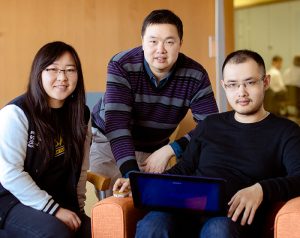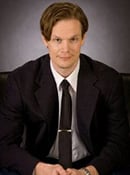
Guy Hembroff, College of Computing associate professor, director of the Health Informatics graduate program, and director of the Institute of Computing and Cybersystem’s Center for Cybersecurity, presented his paper, “The design of a holistic mHealth community library model and its impact on empowering rural America,” at MobiHealth 2019, the 8th EAI International Conference on Wireless Mobile Communication and Healthcare, November 13-14, 2019, in Dublin, Ireland.
 The objectives of the EAI International Conference on Wireless Mobile Communication and Healthcare are to advance medical diagnosis, treatment, patient care and patient safety through application of sensing technologies (e.g. Internet of Things IoT), mobile computing, and effective data management methodologies. Contributions will be solicited regarding the interdisciplinary design and application of relevant technologies to help provide advanced mobile health care applications and infrastructures. The essence of the conference lies in its interdisciplinary nature, with original contributions cutting across boundaries but all within the sphere of the application of mobile communications (e.g. technologies, international standards, new and existing solutions, methodologies) aiming at the betterment of patient care and patient safety. As such, the conference will have a multi-tier approach, going from wearable and Implantable Devices to ubiquitous patient monitoring environments (e.g. remote monitoring, healthcare surveillance and Public Health).
The objectives of the EAI International Conference on Wireless Mobile Communication and Healthcare are to advance medical diagnosis, treatment, patient care and patient safety through application of sensing technologies (e.g. Internet of Things IoT), mobile computing, and effective data management methodologies. Contributions will be solicited regarding the interdisciplinary design and application of relevant technologies to help provide advanced mobile health care applications and infrastructures. The essence of the conference lies in its interdisciplinary nature, with original contributions cutting across boundaries but all within the sphere of the application of mobile communications (e.g. technologies, international standards, new and existing solutions, methodologies) aiming at the betterment of patient care and patient safety. As such, the conference will have a multi-tier approach, going from wearable and Implantable Devices to ubiquitous patient monitoring environments (e.g. remote monitoring, healthcare surveillance and Public Health).
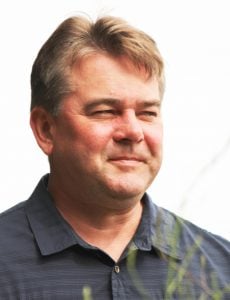
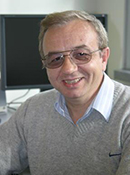


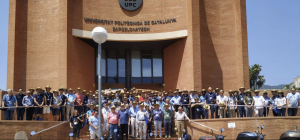
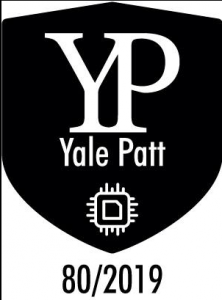
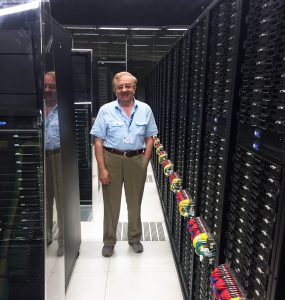
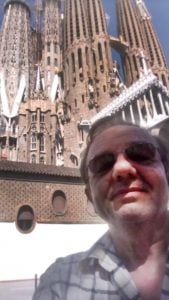
 Guy Hembroff, associate professor and director of the Medical Informatics graduate program (CC/CyberS), attended the three-day workshop, “Teaching With Impact – Innovating Curriculum With Entrepreneurial Mindset,” in Milwaukee, Wisc., this July.
Guy Hembroff, associate professor and director of the Medical Informatics graduate program (CC/CyberS), attended the three-day workshop, “Teaching With Impact – Innovating Curriculum With Entrepreneurial Mindset,” in Milwaukee, Wisc., this July.